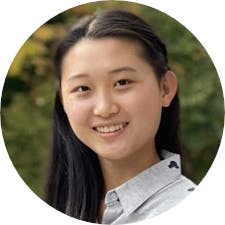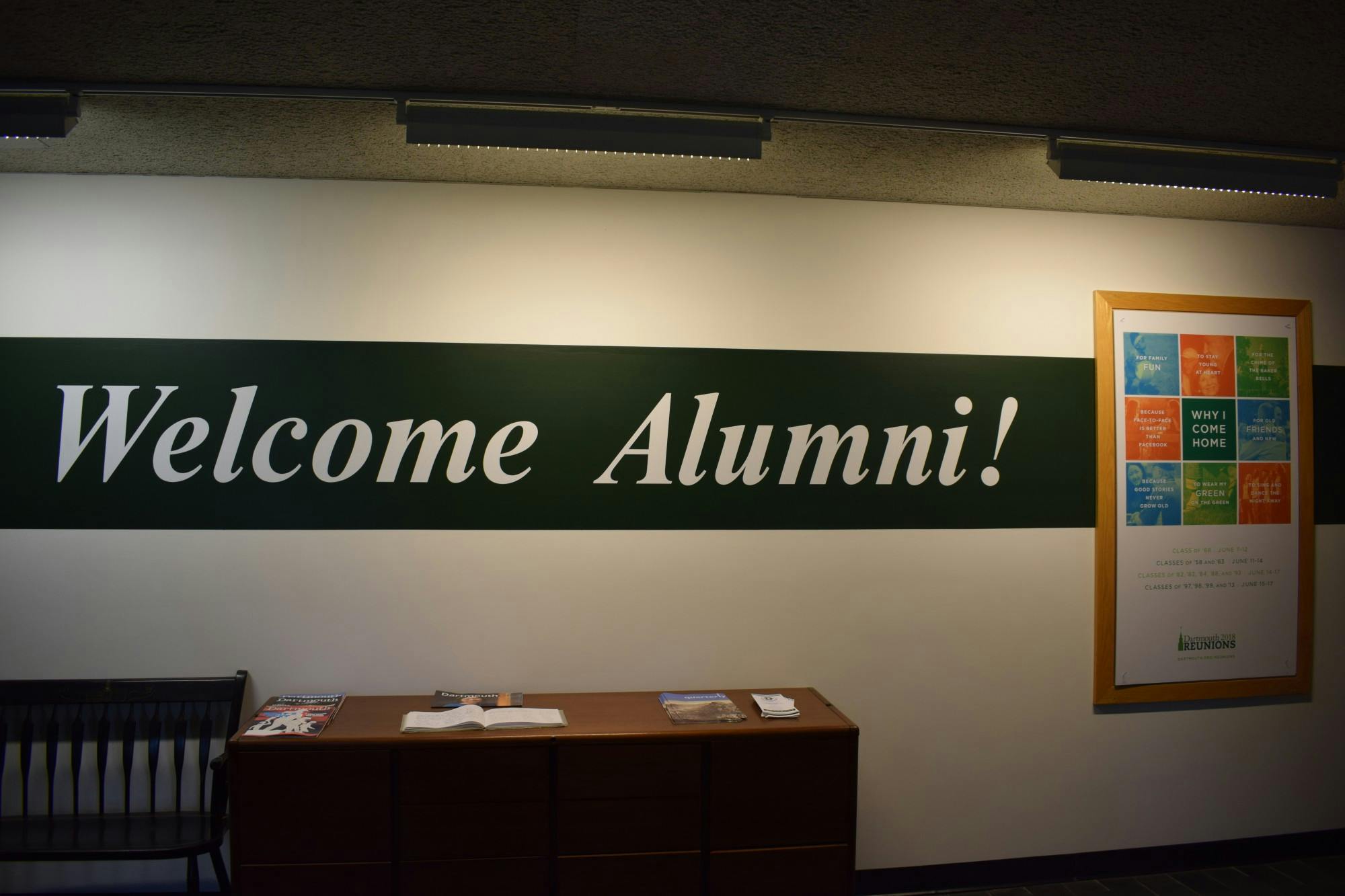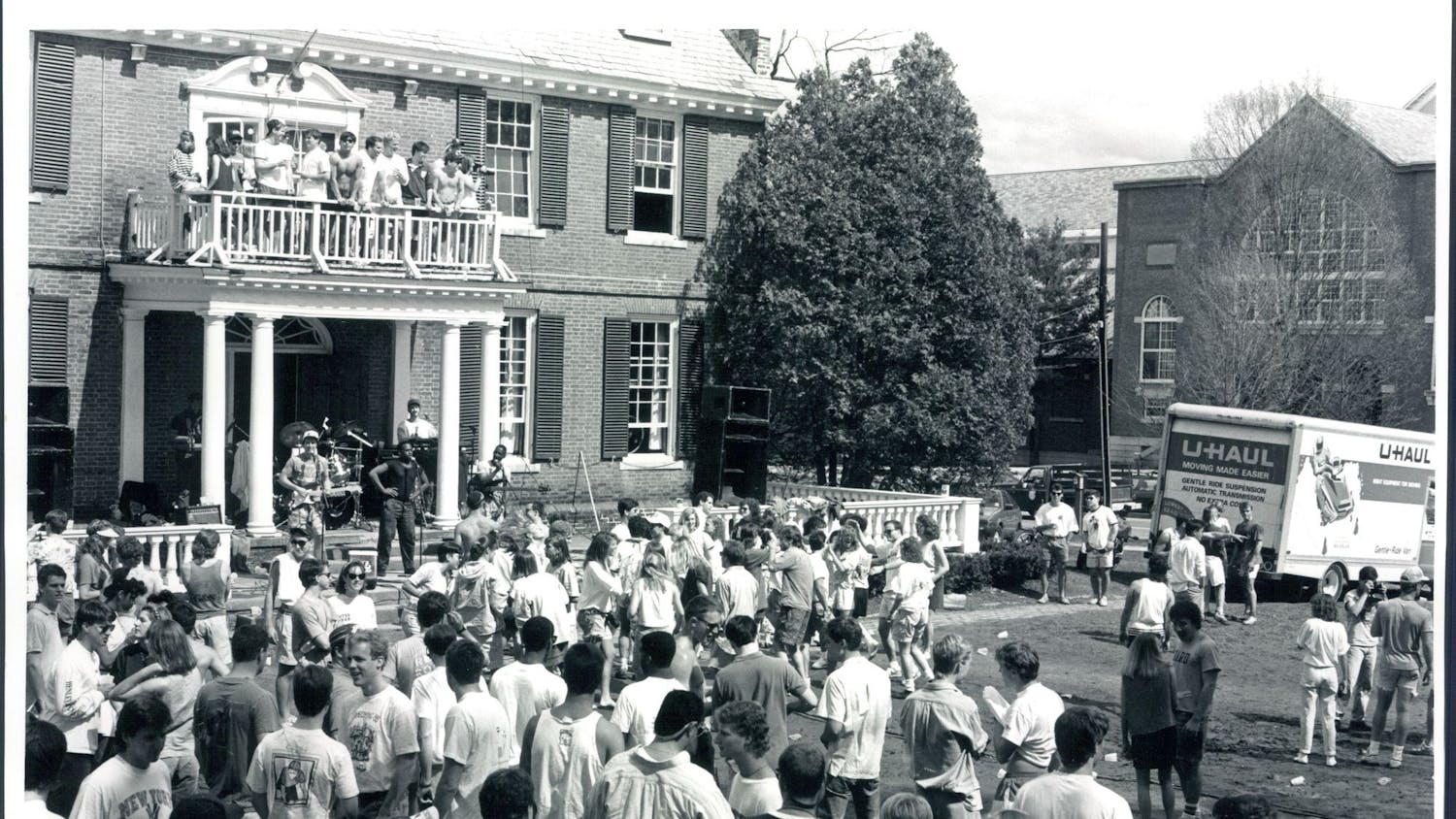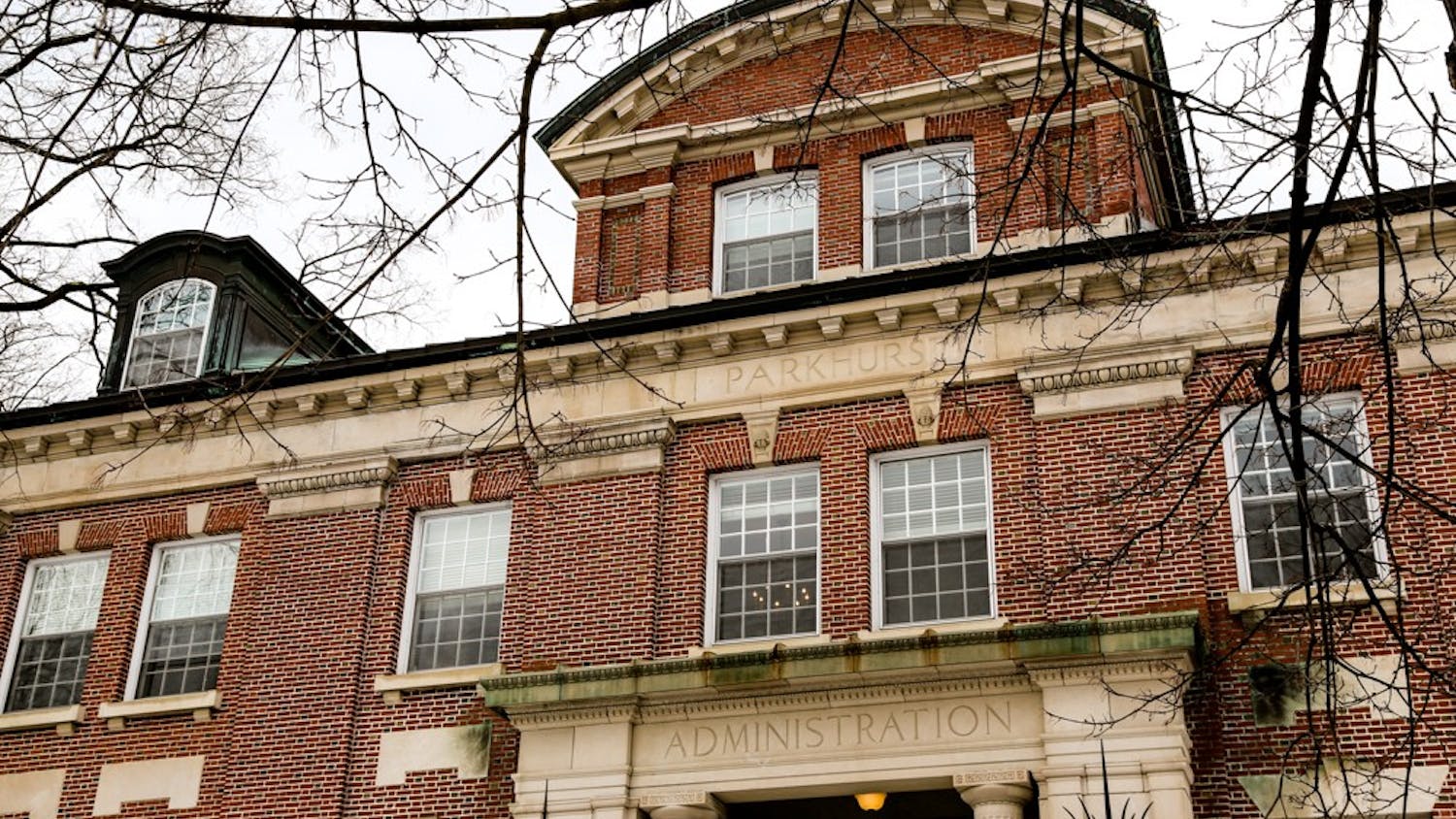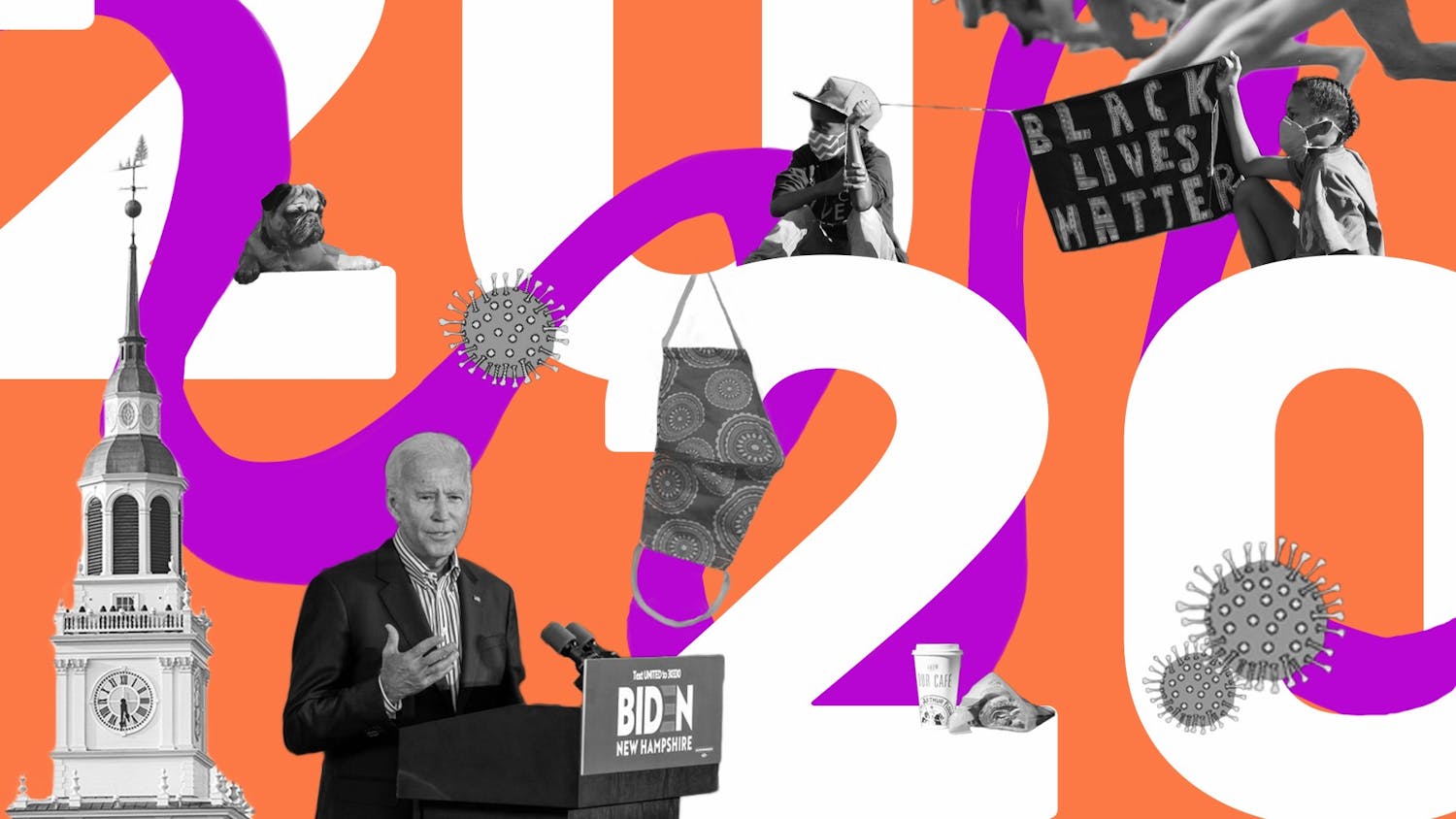This article is featured in the 2021 Winter Carnival special issue.
The advancement division at Dartmouth, which includes the alumni relations and development offices, has developed a host of new methods, including webinars, podcasts and livestreams to boost alumni engagement across digital platforms. Alumni-run organizations have also continued to host programming through Zoom to connect with fellow graduates, all while navigating the emerging challenge of “Zoom fatigue.”
After the pre-recorded Homecoming celebrations this past fall, content director for advancement marketing and engagement Jon Hussey said Dartmouth will likely “never go back to a fully in-person event schedule” for future Homecomings, opting instead to adopt a hybrid of in-person and online events.
Hussey said that engagement numbers on the alumni relations website and the Call to Lead campaign website are up after shifting to video content and live programming. One of the digital celebrations attracted over 500 live viewers and 1,200 views immediately thereafter. Alumni are also expressing a preference for programs — such as video content — that they can consume on their own time, he noted.
Cheryl Bascomb, vice president of alumni relations, added that advancement has utilized online live streams to connect to audiences that might not have been willing to attend a scheduled Zoom. In June, advancement premiered a cooking segment titled “Pre-Union: Cooking with Priya Krishna ’13,” which Hussey said was “very popular as a live session.” She noted that those who could not make the event could watch the video on their own time; the video has garnered some 5,000 views on Facebook.
However, Bascomb says that the office encountered several challenges in its transition to online programming.
To begin with, Bascomb noted a “significant decline” between the registration and the attendance for Zoom events. She added that participants are also prone to experiencing Zoom fatigue at the end of the day and may be unwilling to participate in another virtual meeting.
According to Bascomb and Hussey, alumni relations also initially lacked the technical skills and the equipment to mount a rigorous virtual campaign. However, as the pandemic progressed, the office has developed several different types of virtual initiatives, including a series of webinars based on specific industries like health care and sports, podcasts covering the election and consequences of the COVID-19 pandemic and social media hashtags. On Instagram, advancement has recently promoted the hashtag #GiveARouse in tandem with the “clapping hands” emoji to congratulate students and alumni on their achievements.
Bascomb and Hussey said alumni relations has also recently unveiled a new program called Dartmouth Next, geared toward online programming. One notable component of Dartmouth Next is a series called “Great Issues, New Perspectives,” which they said brings together an alumni expert with a faculty member to explore a particular issue in greater depth. Afterwards, students will have the opportunity to ask questions directly to the alumni speaker. There will be two such events hosted during winter term, and additional events during spring term.
Amanda Fritz ’16, a member of Women of Dartmouth Boston, said she has been actively involved as a young alumna, returning to campus for Homecoming festivities in 2017 and attending other events since her graduation. Since alumni are currently unable to gather in person as a result of the pandemic, she said the Women of Dartmouth Boston alumni organization has shifted to virtual programming such as yoga and flower arranging classes. Though Fritz said she would prefer in-person events, since virtual events struggle to reproduce the level of engagement at in-person events, she acknowledged that everyone is “doing their best” to make use of the resources available.
Still, despite efforts to adapt content for a broader audience on a virtual platform, some alumni have scaled back engagement with the College, such as with the Dartmouth Alumni Admissions Ambassador program.
One alumna, Emily Castle ’17, served as an interviewer for prospective students and began interviewing Dartmouth applicants over Skype when she was still a senior at the College. She conducted several interviews with international students or students that lived in rural areas, both of which made in-person interviews difficult.
This year however, Castle has decreased her involvement with the program, due in part to “Zoom fatigue” since much of her work is conducted online. However, she plans on taking up a more active role again next year. She said that for many of the Dartmouth friends that she still keeps in touch with, alumni interviewing makes up the majority of their engagement with the College.
